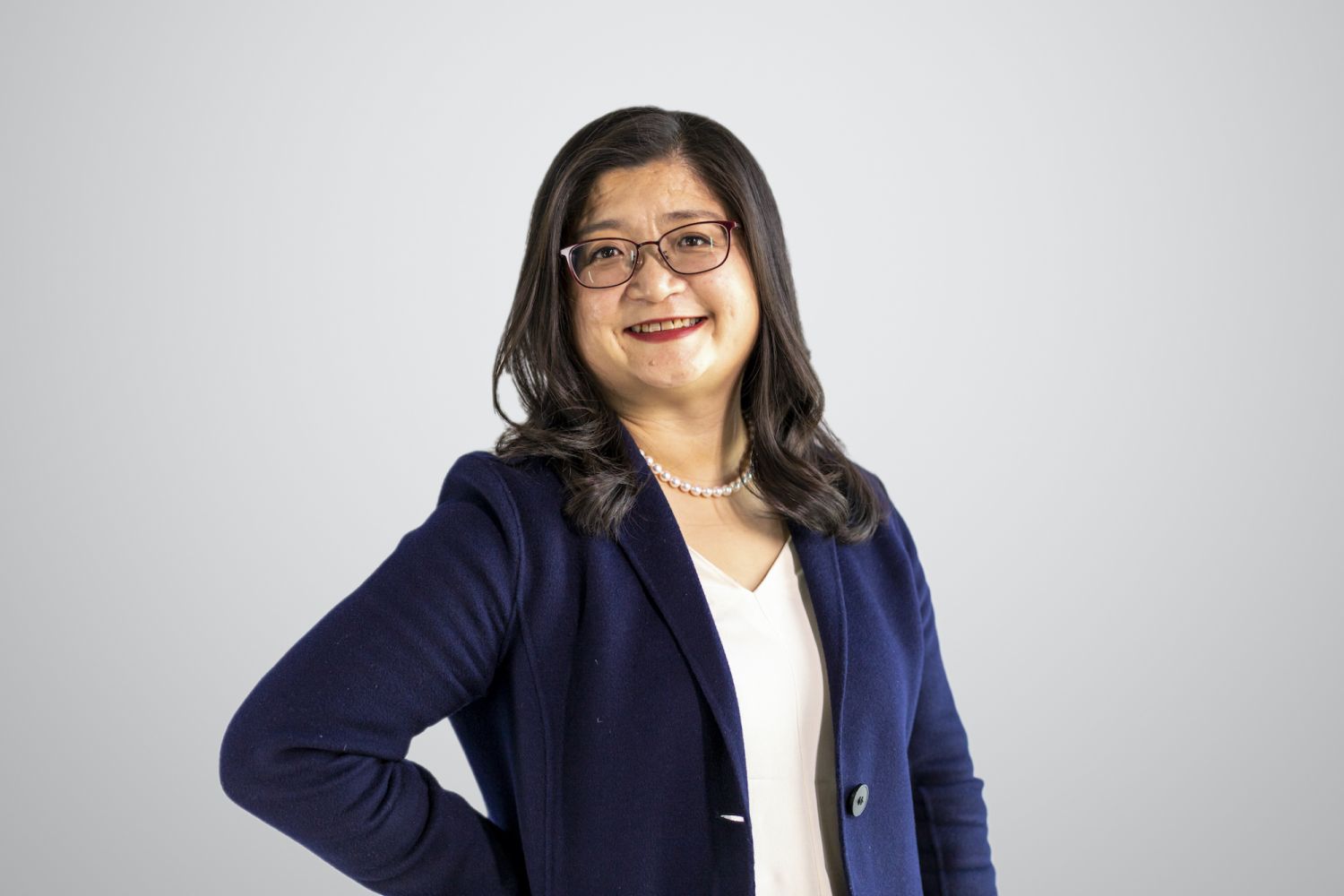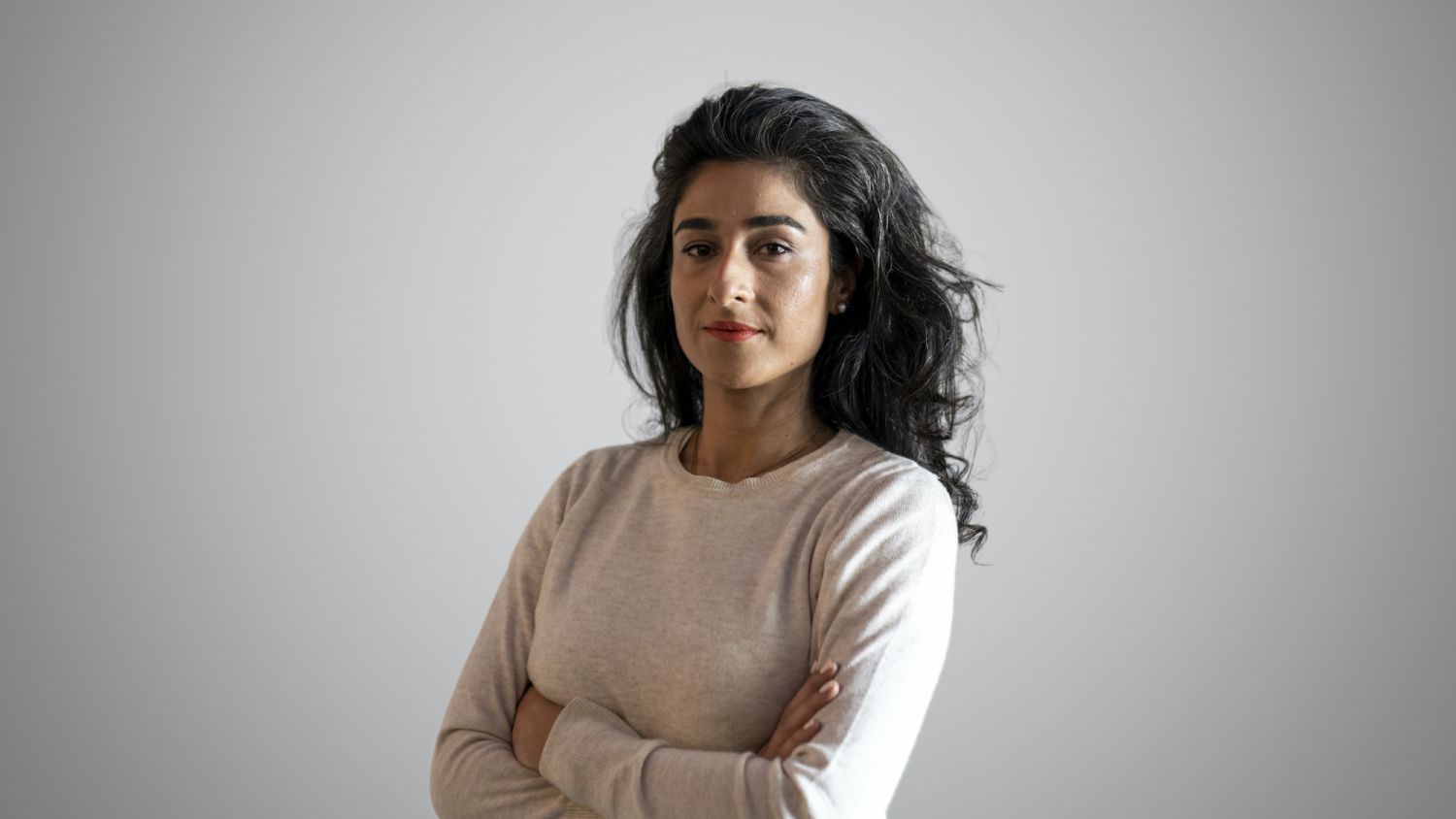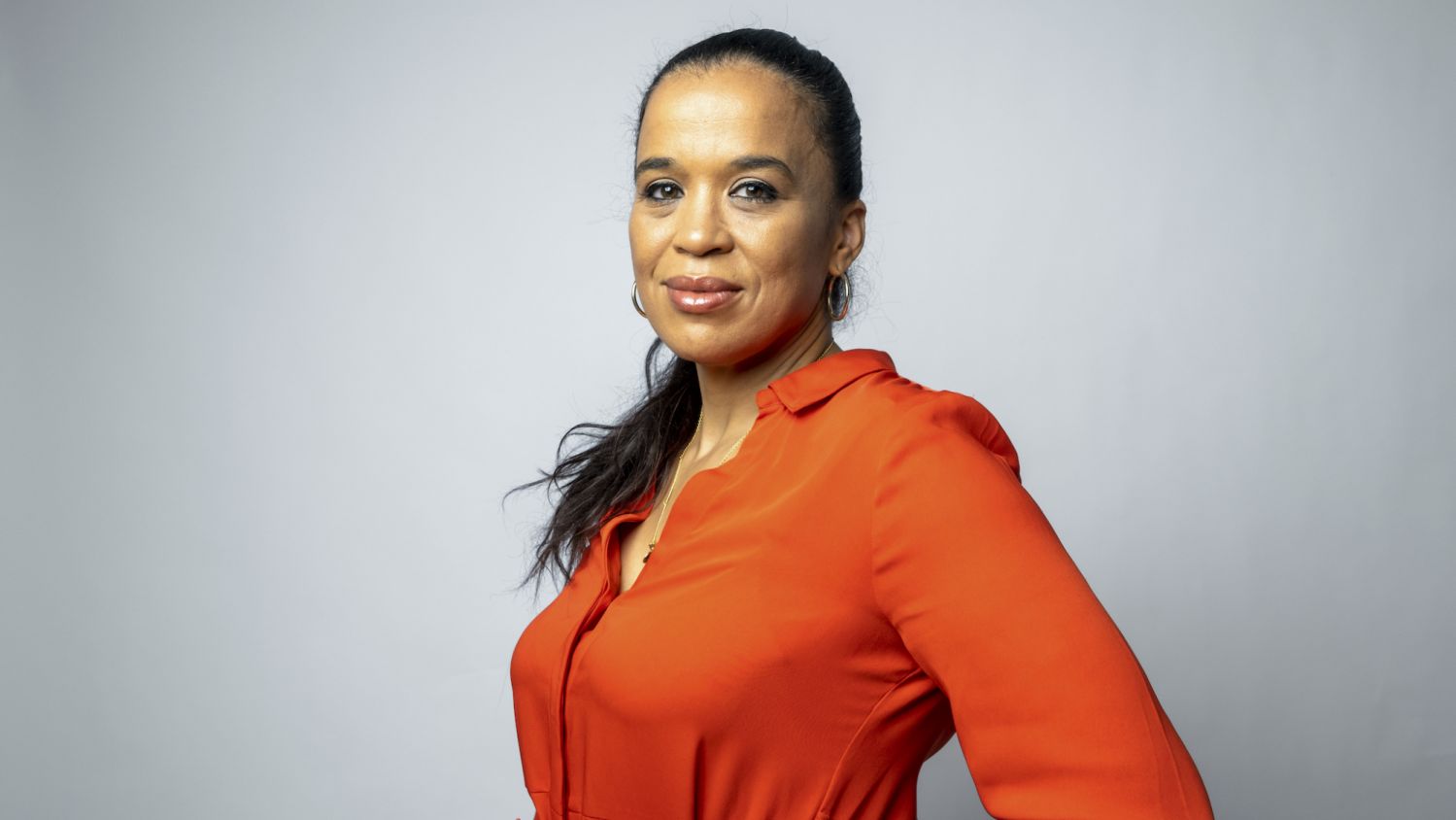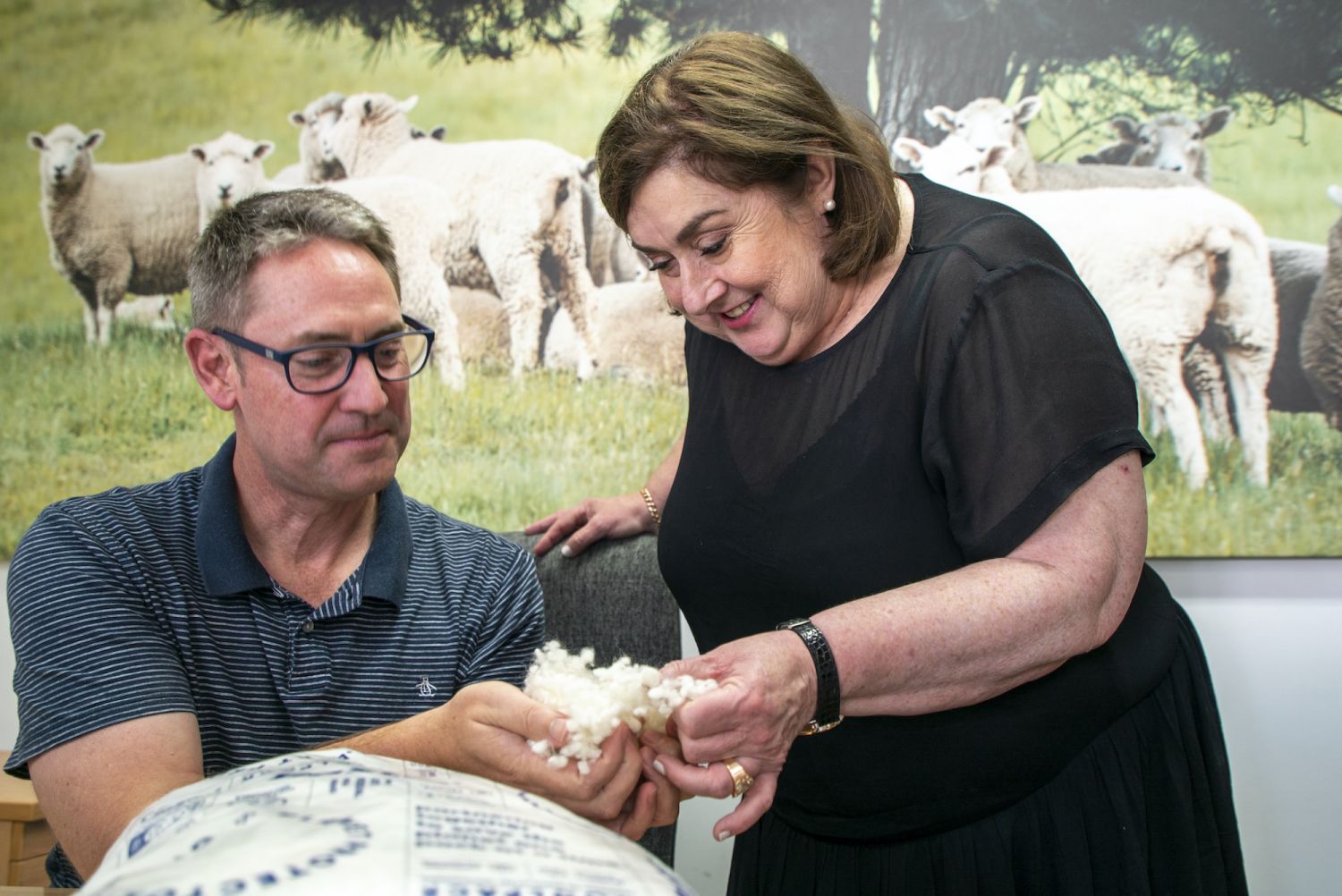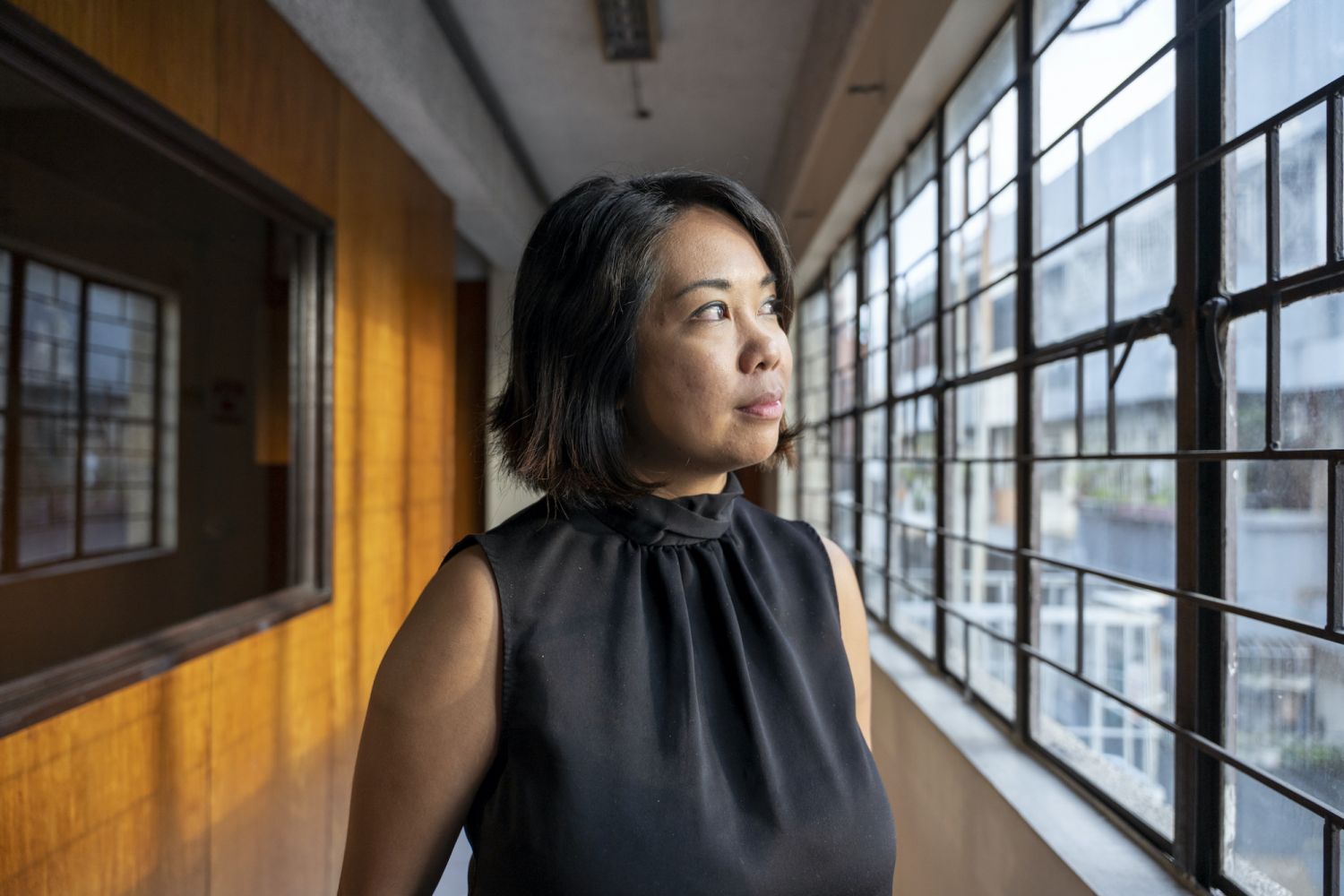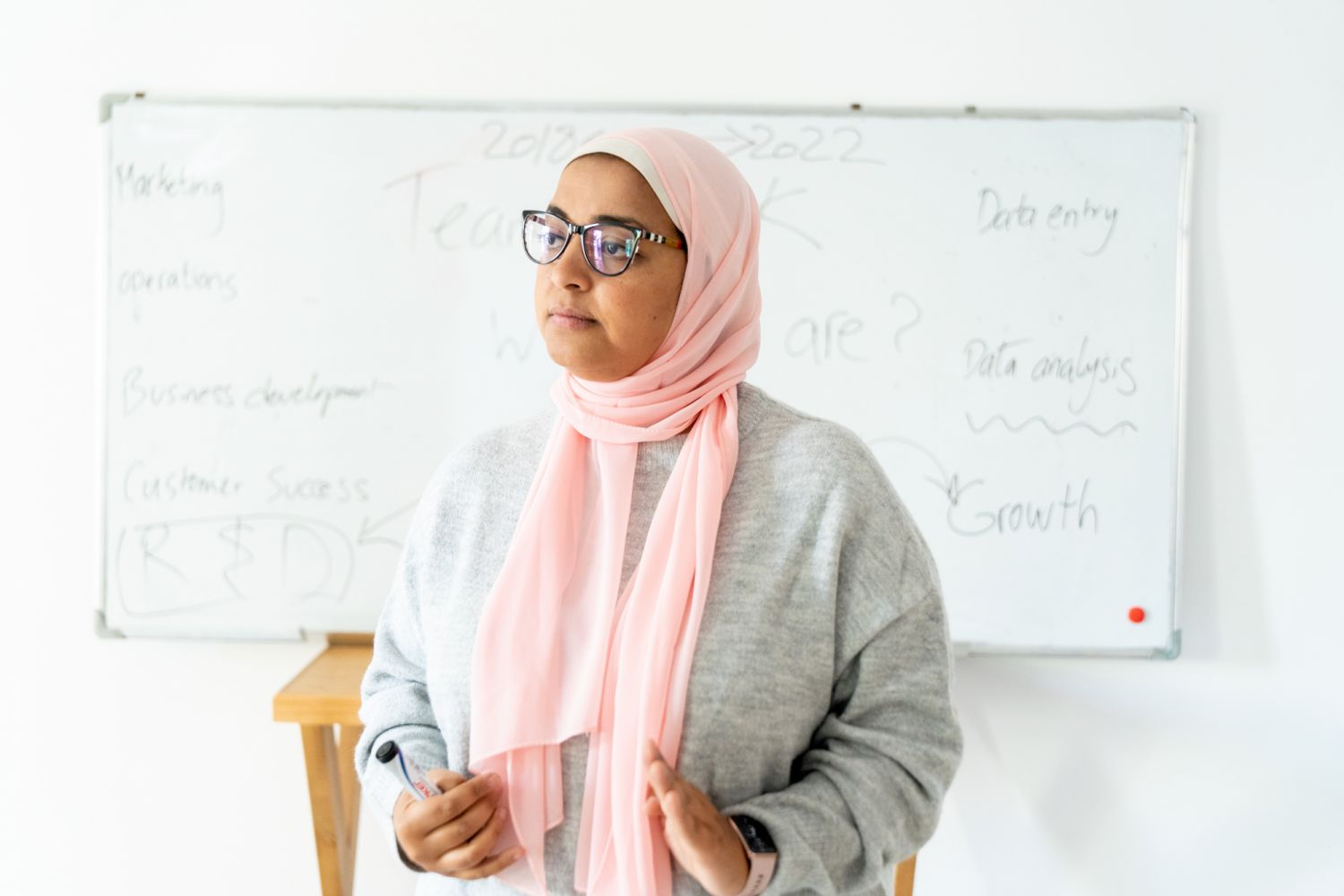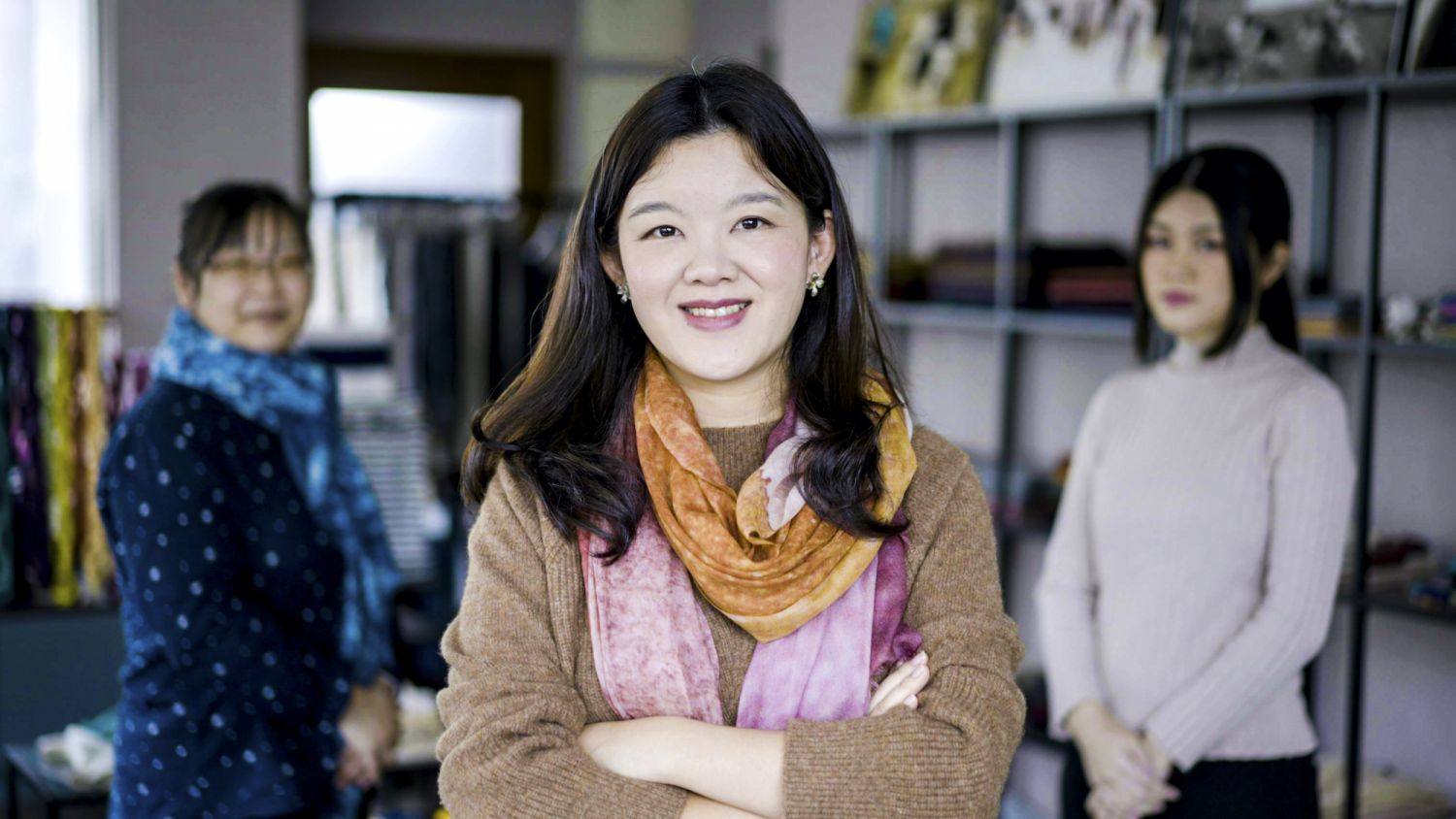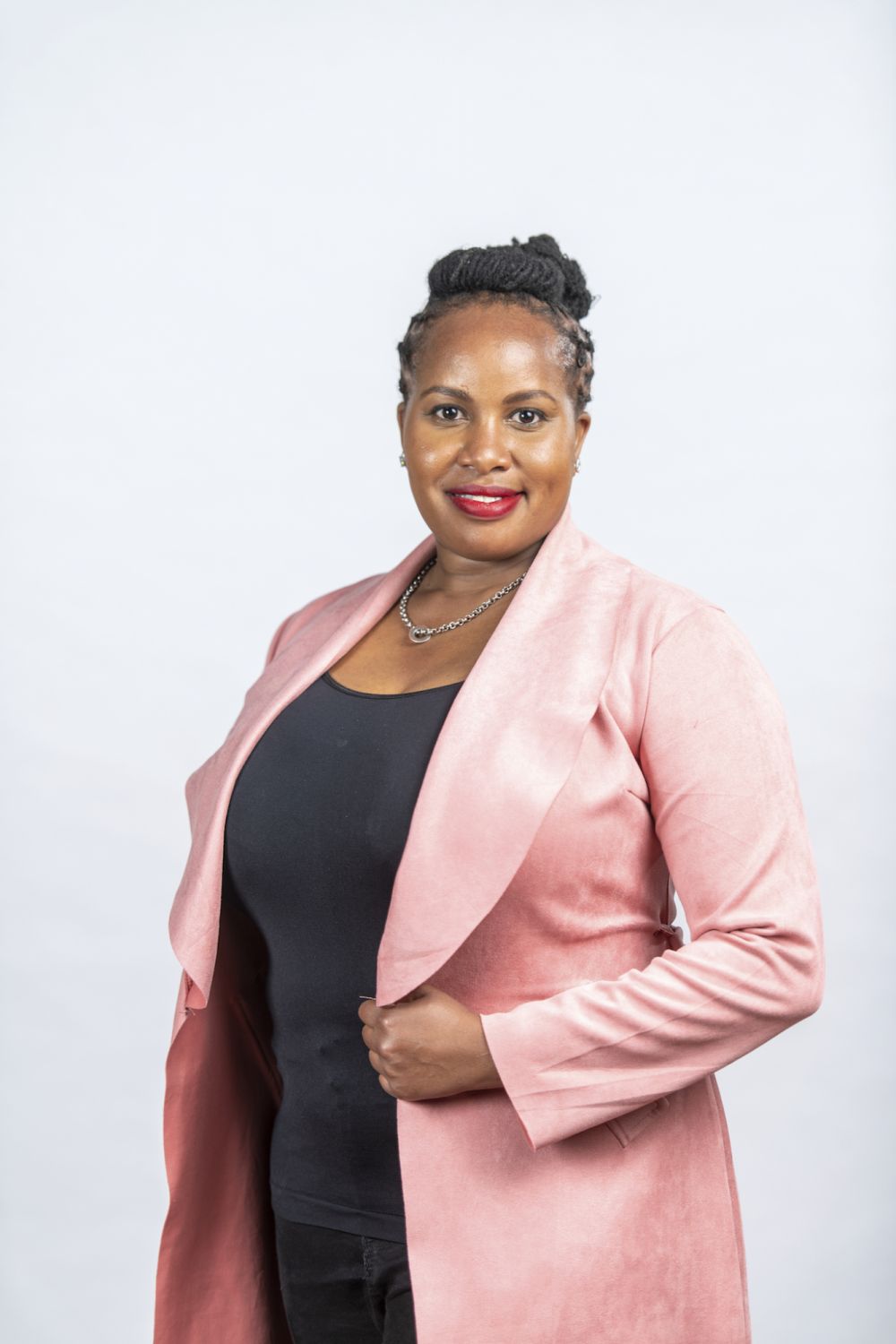Tackling social and environmental issues, these inspiring changemakers and entrepreneurs are leaving a positive impact on their communities
Empowering women has always been at the heart of the Cartier Women’s Initiative. This year, Cartier took to Dubai to celebrate the 15th anniversary of its entrepreneurship programme, as well as to spotlight the achievements of its 2022 laureates.
This year’s theme, Break The Bias, looked to the ways that women could join forces to overcome stereotypes, discrimination and other barriers to gender equality in the workplace, the media, the world of sports and beyond.
The Cartier Women’s Initiative 2022 event was hosted by Tiffany Dufu, founder and CEO of the US women's training organization The Cru, and saw special guests like four-time Olympic gold medallist Guo Jingjing and actress Yara Shahidi.
Read more: Why Do We Need International Women’s Day?
But the real stars of the night were the nine Impact Awardees who were selected for the changes that they have created through their businesses. Encompassing social entrepreneurs and business leaders, these women were honoured for one of three categories: Improving Lives, Preserving the Planet and Creating Opportunities.
In support of their missions to solve the most pressing challenges around the world, Cartier has granted the three first-place awardees with US$100,000 in prize money, while the rest received US$60,000 and US$30,000. All nine leaders were also given human capital support worth US$10,000 each.
Below, meet the nine awardees of 2022 and discover how they’re shaping the world for the better.
Temie Giwa Tubosun, founder and CEO of LifeBank (Nigeria)
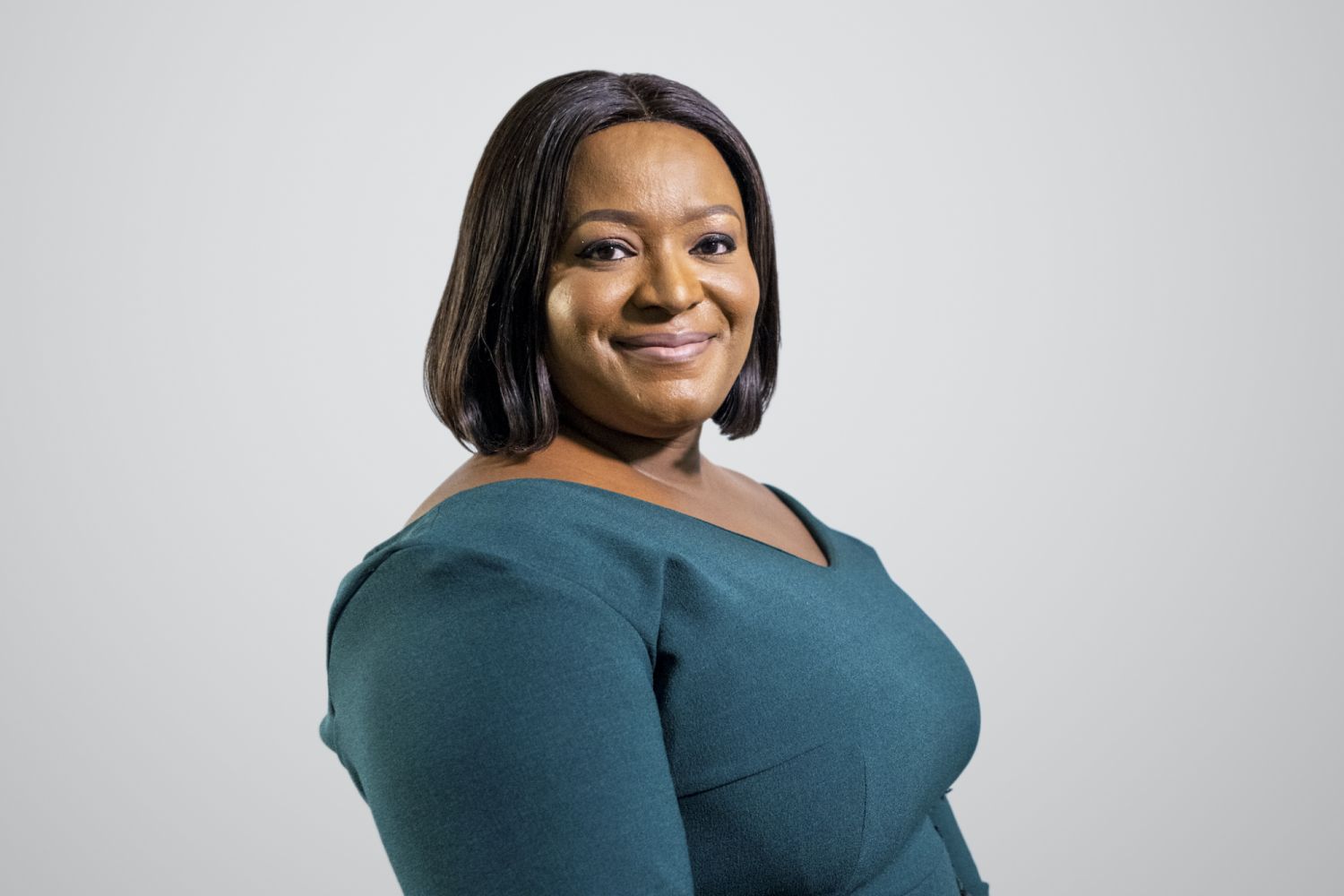
Following her graduate fellowship at the World Health Organisation, Tubosun founded the Nigerian health technology startup LifeBank in 2016. Her mission is to make life-saving blood transfusions more accessible for patients in the African country, especially pregnant women. Tubosun’s own difficult delivery of her son exposed her to the problem of blood shortages in Nigeria. Today, LifeBank has expanded its operations to deliver blood from registered blood banks to over 600 hospitals in Nigeria and Kenya, saving more than 10,000 lives in the process.
Read more: Cover Story: Azran Osman-Rani Aims to Redefine Modern Healthcare


